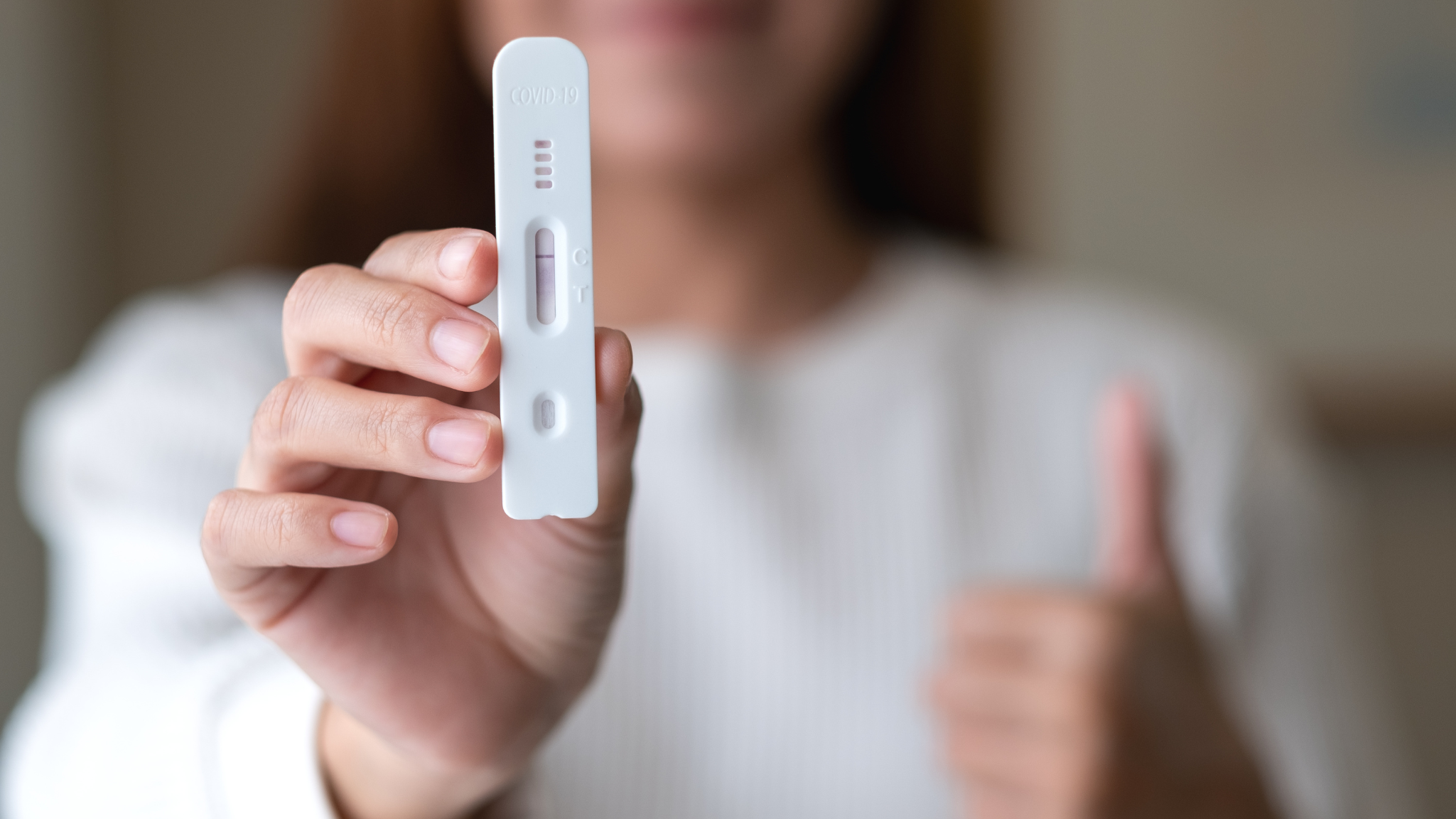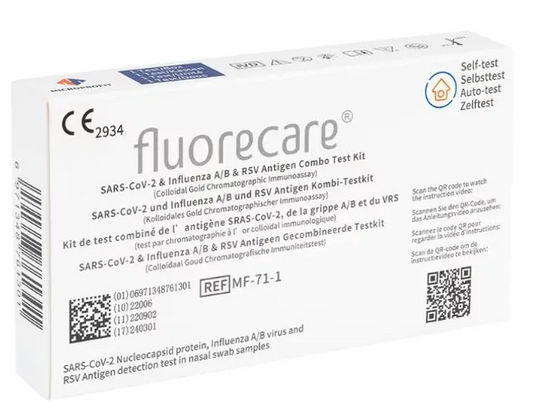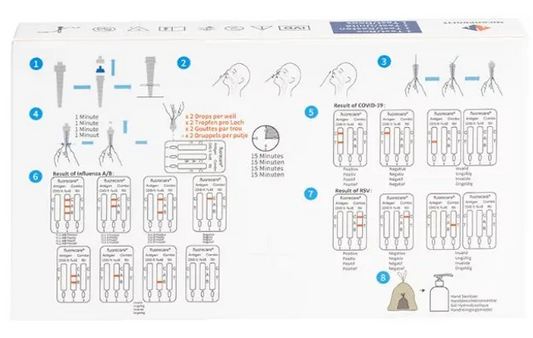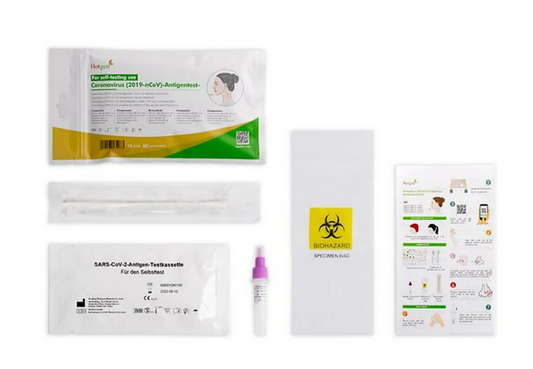
The importance of rapid tests in everyday life: A fast and effective method for health monitoring
Rapid tests have become an important tool in everyday life to monitor health and contain the spread of disease. These tests provide an easy and time-saving way to quickly determine whether a person is infected or not, helping to control the spread of infections in communities.
Rapid tests have become particularly important in the context of the COVID-19 pandemic. They allow individuals to test themselves regularly for the virus to detect infections early and prevent transmission to others. Rapid tests allow people to quickly find out if they are infected, even if they have no symptoms, helping to identify and isolate asymptomatic cases.
However, rapid tests are not only used to diagnose COVID-19. They also have applications in other areas of everyday life, such as healthcare, infectious disease surveillance in schools and community settings, travel and work environments. They provide a convenient way to ensure that people with potentially infectious diseases can be identified and isolated to contain the spread of infection.
However, the use of rapid tests in everyday life also requires caution and attention. Although they provide a quick and convenient method of health monitoring, they may not be as accurate as traditional laboratory tests and can produce false positive or false negative results. Therefore, it is important to consider rapid tests as part of a broader approach to infection control and not to use them as a sole means of diagnosis or prevention.
Overall, rapid tests provide an important way to monitor health and contain the spread of infection in everyday life. Through regular use, they can help ensure the safety and well-being of individuals and communities and contribute to containing disease outbreaks.
Collection: Rapid tests
AVAILABLE TESTS
Antigen tests: To detect an acute COVID-19 infection Antibody test: To check immunization after vaccination / illness
-
fluorecare® combination test for RS virus, Covid-19, Influenza A+B
Regular price 5,00 €Regular priceUnit price / per -
Corona antigen self-test (front nose), set of 1
Regular price 1,70 €Regular priceUnit price / per






